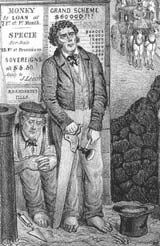Here we are, in the midst of what I have always considered to be the worst part of a Spring semester. January and the start up has gone by the wayside and Spring Break doesn’t arrive until March. In between we have the long hard slog towards midterm exams.
It is also the time in which that “extra” stuff gets emphasized. “Oh, by the way…” starts piling up work for next semester. “If you are not too busy…” add to it.
I get to be the center attraction in a Women’s Studies class discussion on gender in the next couple of weeks. Once more into the cage, Dr. LabRat. Maybe we can have a fruitful discussion about the meaning of the phrases “real women” and “real men.” But I’m only the specimen, so that’s probably unlikely.
More beyond…
Originally posted as part of Teacher’s Lounge at Daily Kos

